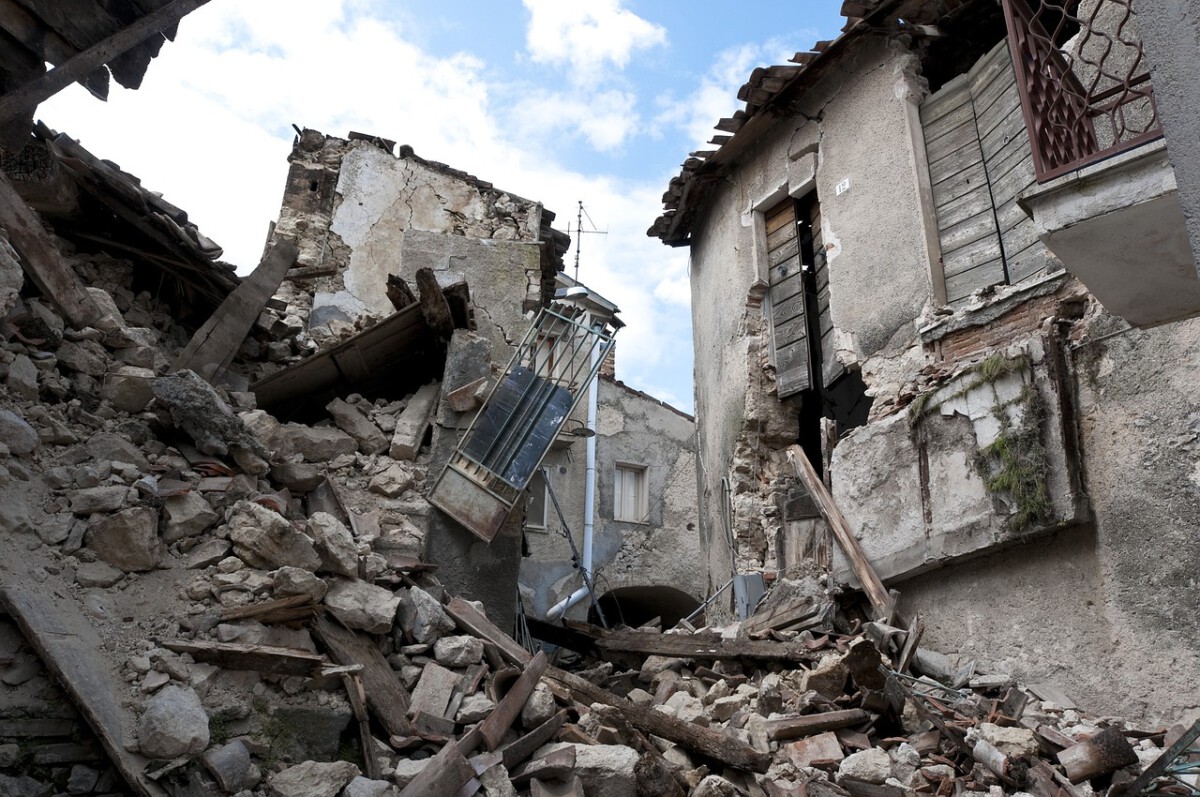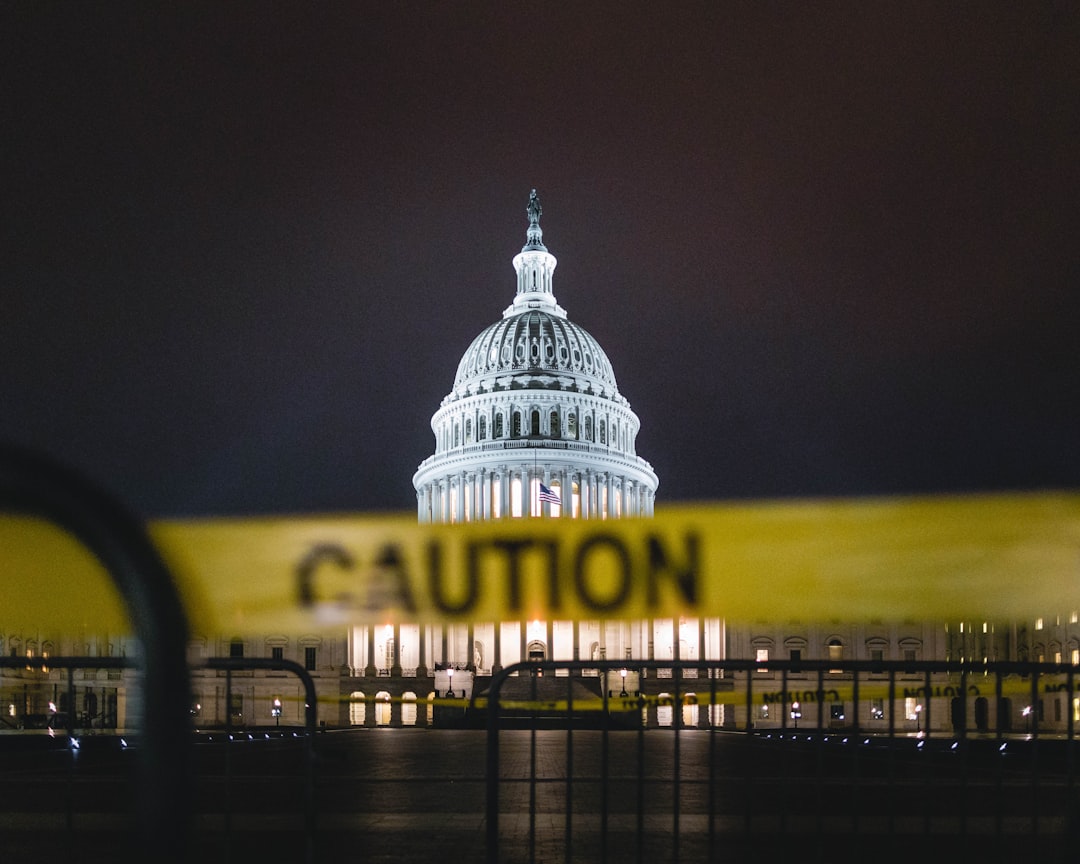Russia: Heightened Restrictions and Hostility

Russia has grown noticeably colder toward foreign tourists, especially in the wake of ongoing geopolitical tensions. Since the invasion of Ukraine, Russia has ramped up its visa requirements, making the process more daunting for potential visitors. The World Travel and Tourism Council reported a sharp 30% decline in international arrivals, a figure that speaks volumes about the shifting atmosphere. Many Western governments have cautioned their citizens against visiting, citing safety and security risks. Reports of foreigners—particularly those from NATO countries—experiencing harassment and discrimination have become more frequent. Even something as simple as speaking a foreign language in public can draw unwanted attention. The collective mood has shifted from curiosity to suspicion, leaving many travelers feeling distinctly unwelcome.
North Korea: Isolationist Policies

North Korea has long been notorious for its extreme isolation, but in recent times, it has doubled down on making visitors feel out of place. Only tightly controlled, state-run tours are permitted, and even these come with a long list of restrictions. The number of foreign visitors plummeted by 50%, and those who do enter often describe an atmosphere of constant surveillance and unease. There is little freedom to explore or interact with locals independently; every movement is scrutinized. Severe penalties await anyone who inadvertently offends the regime or breaks the rules. The unpredictability of the political climate adds another layer of anxiety for tourists. Most travelers ultimately decide that the risks simply outweigh any potential reward.
Venezuela: Economic Collapse and Safety Concerns

Venezuela, once a vibrant destination for adventure seekers and nature lovers, has become a shadow of its former self. The economy is in tatters, with hyperinflation and shortages making everyday life a struggle for locals and a minefield for visitors. The U.S. State Department has issued its highest-level warning, urging Americans to steer clear due to rampant crime and the threat of arbitrary arrest. Violent crime rates have soared, and tourists are often singled out by thieves and scammers. Infrastructure like hotels and public transport has deteriorated to the point of being unreliable or even dangerous. Even basic services such as electricity and clean water can be unreliable, further deterring would-be visitors. The once-thriving tourism sector has all but collapsed under the weight of these daunting realities.
Afghanistan: Ongoing Conflict and Instability

Afghanistan is arguably one of the most perilous places on earth for travelers right now. Since the Taliban retook control, the country has become a no-go zone for almost all foreigners. The United Nations reported that foreign tourist numbers have dropped by more than 80%, a figure that underlines the depth of the crisis. The risk of kidnapping, terrorism, and arbitrary detention is extremely high, and many countries have issued unequivocal warnings against travel. Human rights abuses and violent incidents are common, often making international headlines. The basic infrastructure needed for tourism—like hotels, transport, and safety services—is either lacking or non-existent. For many, the idea of visiting Afghanistan has shifted from adventurous to unthinkable.
Iran: Political Tensions and Hostility

Iran’s ancient wonders and rich culture are overshadowed by a growing sense of hostility toward foreign visitors, particularly those from the West. The government has tightened entry requirements, especially for Americans and Europeans, with many travelers experiencing increased scrutiny and surveillance. The risk of arbitrary detention is real, as highlighted by recent high-profile cases making headlines. Many visitors have reported feeling watched at all times, and some have faced outright harassment or questioning by authorities. The political climate is tense, with anti-Western rhetoric often making tourists feel like targets rather than guests. Despite its undeniable beauty and history, the atmosphere has become so charged that many now think twice before planning a trip.
Belarus: Authoritarian Regime and Travel Restrictions

Belarus has steadily built a reputation as one of Europe’s least welcoming destinations for foreign tourists. The aftermath of the disputed 2020 election saw a heavy-handed crackdown on dissent, spilling over into the treatment of visitors. In 2024, sanctions imposed by the United States further complicated travel logistics for outsiders. Travelers have reported being detained for minor infractions or simply for being foreign, with officials showing little patience or leniency. Surveillance is widespread, and the atmosphere feels tense and suspicious. The country’s political situation means that even innocent conversations can draw the attention of authorities. The drop in tourism numbers speaks to the unease many feel about visiting.
Myanmar: Political Unrest and Safety Risks

Myanmar, once a rising star on the Southeast Asian tourism scene, has fallen into chaos since the military coup. The country has seen waves of violence and civil unrest, making even basic travel unsafe. The U.S. State Department and several other nations now strongly advise against all travel, citing risks from arbitrary arrest to violent clashes. Infrastructure is unreliable, and curfews or sudden military checkpoints can disrupt plans without warning. Reports from visitors speak of a country on edge, where even photographing the wrong building can lead to trouble. Many hotels and businesses that once thrived on tourism have shuttered, leaving the few remaining travelers isolated and vulnerable. The fear and instability have all but erased Myanmar from travel itineraries.
Syria: War-Torn Landscape and Humanitarian Crisis

Syria’s ongoing civil war has left it scarred and largely inaccessible to outsiders. The United Nations continues to report millions of people displaced and a humanitarian crisis that shows little sign of easing. The security situation is dire, with violence, kidnapping, and bombings a constant threat. Basic infrastructure—roads, hospitals, electricity—is often in ruins or controlled by competing factions. Only a handful of intrepid travelers, often aid workers or journalists, attempt to visit, and even they face immense risks. The U.S. and several European countries maintain strict advisories warning against all travel. The sense of danger is so pervasive that Syria has become one of the world’s most avoided destinations.
South Sudan: Ongoing Conflict and Humanitarian Issues

South Sudan, still finding its feet as the world’s youngest nation, is mired in conflict and instability. Ongoing violence between rival groups has led to widespread displacement and a grave humanitarian crisis. The U.S. State Department’s travel advisory is unambiguous: do not travel here due to the risks of violence, crime, and civil unrest. Infrastructure is minimal, with basic needs like food, water, and shelter often in short supply. Visitors who do brave a trip face a labyrinth of checkpoints, unpredictable roadblocks, and the constant threat of violence. Aid workers and journalists are sometimes the only foreigners seen, and even they operate under strict security protocols. Tourism has dwindled to near zero as the challenges mount.
Libya: Security Concerns and Political Instability

Libya, once famed for its ancient ruins and Mediterranean coastline, is now synonymous with danger and unpredictability. Years of political turmoil have left the country fragmented and lawless, with rival factions vying for control. The U.S. State Department and other governments have issued stark warnings against travel, citing risks of kidnapping, terrorism, and violent crime. Foreigners who do visit often report intimidation or harassment by armed groups or rogue officials. Infrastructure has collapsed in many areas, making even short trips hazardous and uncomfortable. The sense of lawlessness means that even seasoned travelers think twice before considering Libya. For now, it remains a destination where visitors are not just unwelcome, but exposed to real danger.







